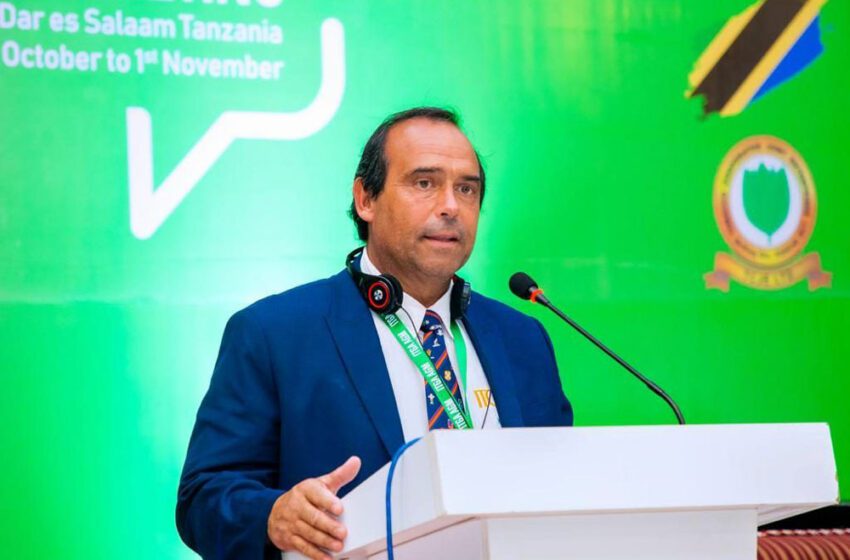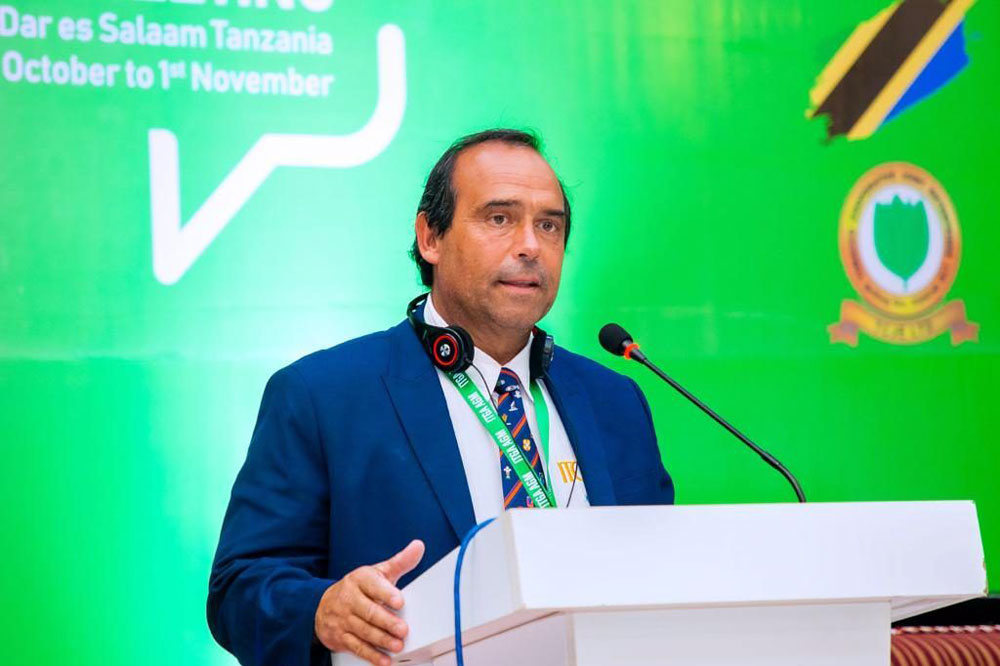Growers Demand Voice
- Featured Leaf News This Week
- November 2, 2023
- 0
- 3 minutes read


Stakeholders in the nicotine business gathered in Dar es Salaam from Oct. 29 to Nov. 1 for the annual meeting of the International Tobacco Growers’ Association (ITGA).
Hosted by the Tanzanian Minister of Agriculture Hussein Bashe, the conference focused on environmental social governance (ESG) practices and the socioeconomic impact of tobacco, among other topics.
ITGA’s President José Javier Aranda urged governments to consider tobacco growers as partners, given the contribution of tobacco as an income generator and employer. He cited the example of Tanzania, where tobacco provides livelihoods to more than 2.5 million people and generates around $180 million annually in export revenue.
The ITGA president also highlighted the lack of alternatives to tobacco production: “Tobacco is still among the main cash crops in most of the countries where it is grown,” he said. “There is no room for crop substitution at this moment and only complementary crops can be considered as a way of transitioning away from tobacco in the long term.”
Participants in the conference also debated the increasing regulatory pressure on the tobacco industry. For example, the EU Supply Chain Due Diligence Directive, which is expected to enter into force in 2024, will require total transparency in the social and environmental sourcing of products imported into the EU. The ITGA delegates agreed that compliance is key, as compliant markets will have better opportunities to position their products and remain stable in the long term.
Speakers encouraged growers to actively pursue ESG initiatives in their communities. Such efforts, they said, will contribute to the long-term viability of the sector.
The forum also reflected on the Conference of the Parties (COP10) to the Framework Convention on Tobacco Control (FCTC), which is scheduled to take place Nov. 20-25 in Panama. As the only global tobacco growers association, the ITGA is looking forward to seeing the evolution of FCTC Article 17 (economically viable alternatives to tobacco growing) because the group has yet to see any evidence of viable alternatives to tobacco growing, ITGA CEO Mercedes Vazquez noted.
Vazquez also insisted on the inclusion in the discussions of farmers, who have been denied a voice in the FCTC debates for nearly two decades. She said the COP has yet to respond to ITGA’s request for observer status at the conference.
The Dar es Salaam meeting also took stock of the latest consumption trends. Modest growth in Asia Pacific and Latin America was offset by significant declines in developed markets, leaving total global cigarette volumes largely unchanged. Among emerging products, heated tobacco products continue to make inroads while e-cigarettes face regulatory headwinds, and nicotine pouches struggle to expand beyond their core markets.
In the leaf market, China, Brazil, Zimbabwe, Malawi and India significantly expanded production in 2023, while volumes in Europe and the United States continued to decline, according to ITGA experts.
